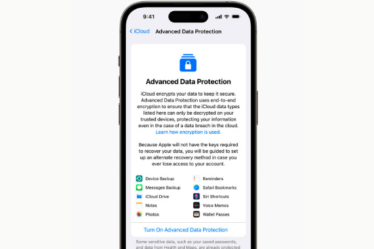
Kaspersky has accused hackers working for an unnamed “government” of carrying out attacks on its employees’ iPhones, through a security vulnerability in the iMessage program, which is a zero-click vulnerability, and this type of vulnerability allows the attacker to carry out the attack and hack devices without any interaction. From the user, that is, without clicking on malicious links, for example.
According to the company’s statement, the attacks began in 2019 and are still ongoing. Dubbing it Operation Triangulation, it said it discovered the attack when it noticed suspicious activity on iOS phones while monitoring the company’s Wi-Fi networks.
The company said that technical researchers created offline backups of the targeted iPhones and scanned them using an AI-developed tool called Mobile Verification Toolkit (MVT), which allowed them to detect traces of the attack. Traces of it date back to 2019, and that the attack continues, and the latest version of the operating system on the compromised devices is iOS 15.7, and that they did not succeed in updating the operating system on the compromised phones to the latest version, as all attempts to update end with error messages.
After Kaspersky issued its report, the Russian intelligence agency, the FSB, accused Apple of providing the US intelligence agency, the NSA, with “back doors” to target iPhones in Russia with spyware, and that it had discovered thousands of hacked devices belonging to Russian officials and foreign diplomats in Russia from Israel and China. and NATO member countries.
What the Russian intelligence service said remains a “claim” since no evidence of these attacks has been presented.



